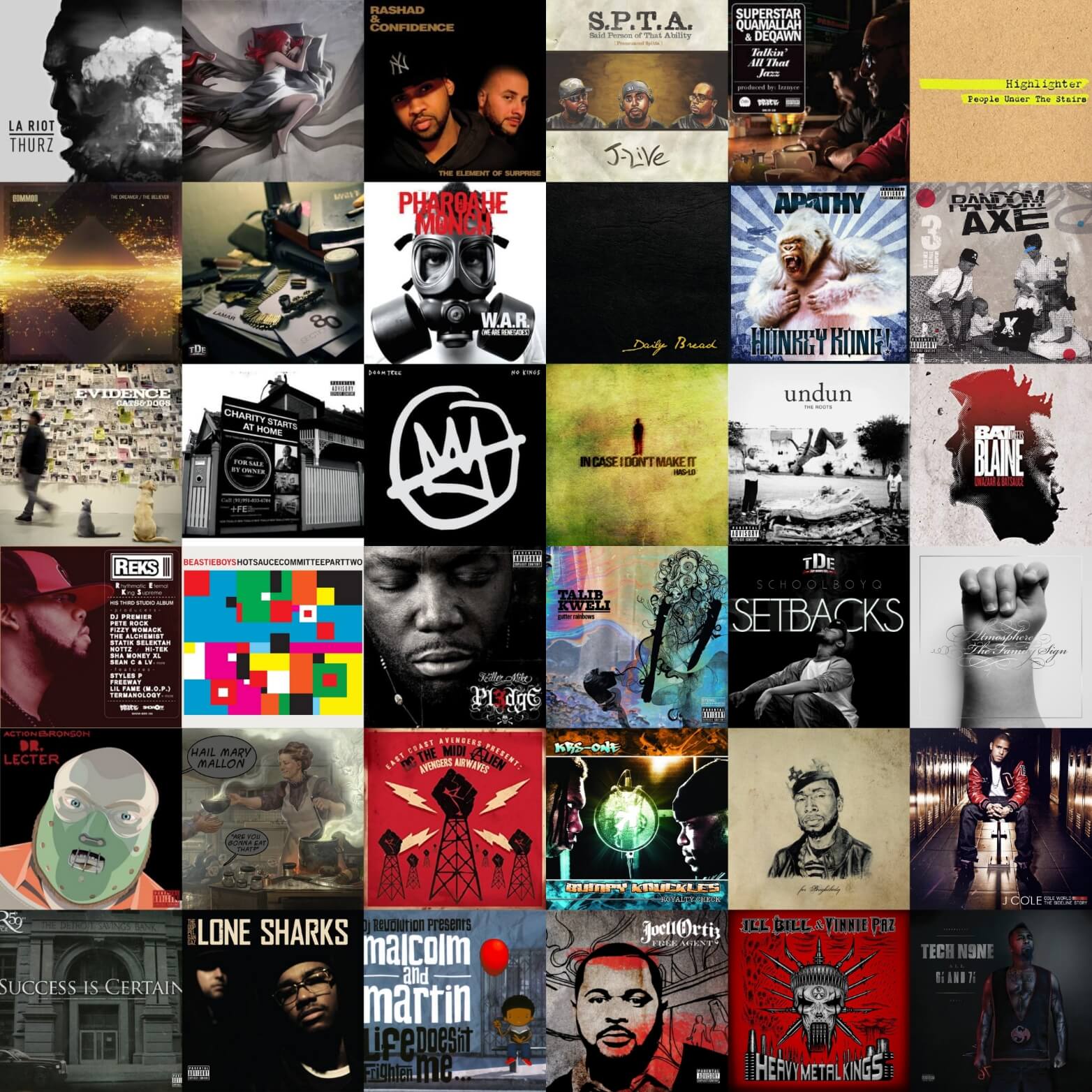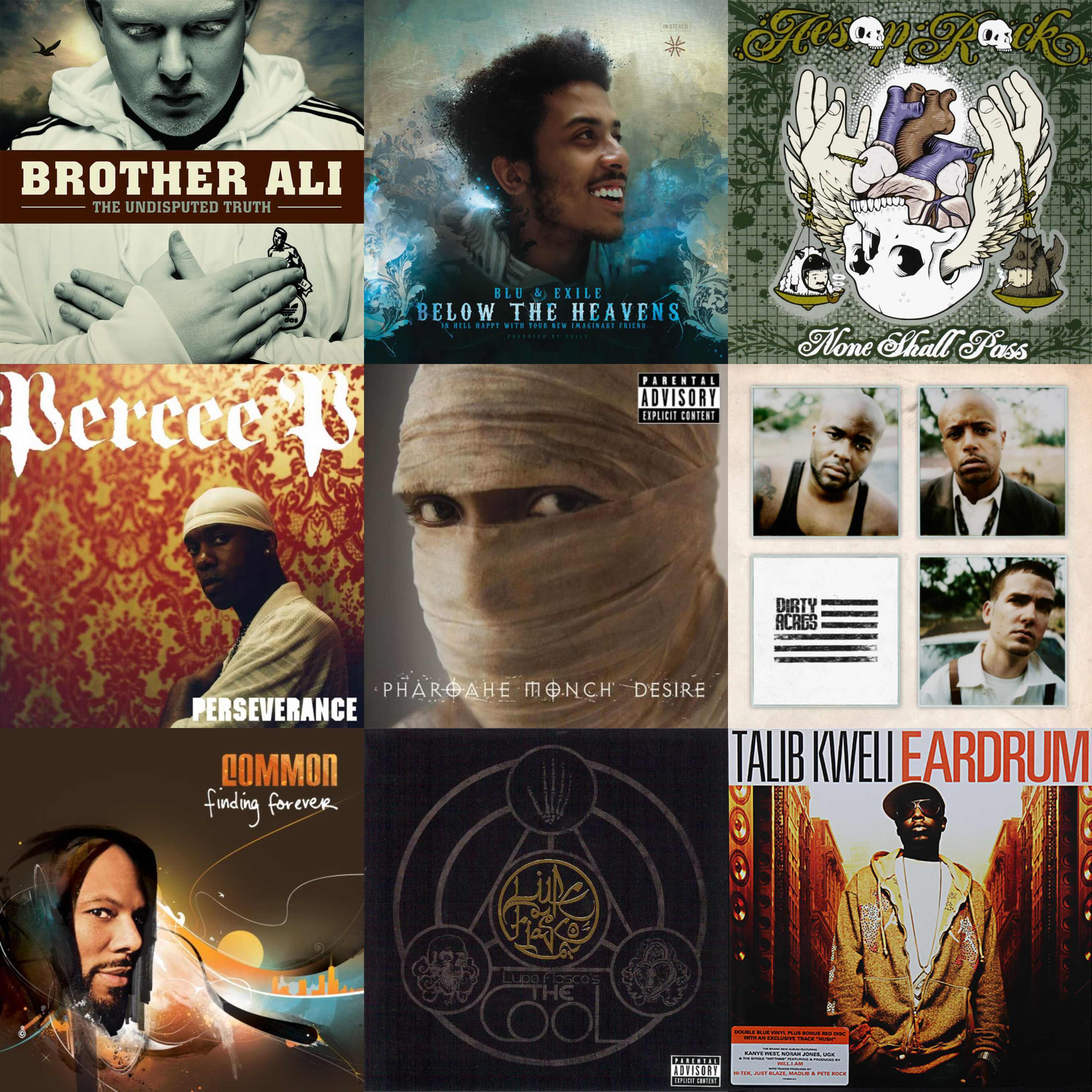2011 was a year that will forever be etched in the annals of hip-hop history. It wasn’t just about releasing albums; it was about crafting masterpieces that resonated with fans across the globe. From chart-topping hits to underground gems, the hip-hop scene in 2011 was a melting pot of creativity, talent, and raw energy. This year wasn’t just about music—it was about culture, identity, and the power of storytelling.
Hip-hop albums in 2011 weren’t just records; they were movements. Artists weren’t just musicians; they were revolutionaries. The year saw a surge of new faces and the triumphant return of legends, all vying for a spot in the hearts of listeners worldwide. The diversity of sounds, styles, and messages made 2011 one of the most memorable years in hip-hop history.
As we dive deeper into this musical journey, you’ll discover the albums that left an indelible mark on the genre. We’ll explore the stories behind the tracks, the artists who poured their souls into their work, and the impact these albums had on the industry. So, grab your headphones, and let’s revisit a year that changed hip-hop forever.
Read also:Tampg Obituaries A Heartfelt Tribute To Lives Well Lived
Table of Contents
The Rise of Hip-Hop Albums in 2011
Key Artists Who Dominated the Scene
Top Albums That Defined the Year
The Influence of Social Media on Hip-Hop in 2011
Underground Gems That Deserve Recognition
The Role of Collaborations in 2011
Read also:Exploring The Best Funeral Home In Atmore Alabama A Comprehensive Guide
The Sound of 2011: A Unique Blend
Impact on the Industry and Beyond
Challenges Faced by Artists in 2011
Looking Back: Why 2011 Matters
The Future of Hip-Hop Post-2011
Statistical Insights from 2011
How Fans Engaged with Hip-Hop in 2011
Conclusion: What’s Next for Hip-Hop?
The Rise of Hip-Hop Albums in 2011
2011 wasn’t just any year for hip-hop albums; it was a renaissance. The genre had been evolving since its inception in the Bronx, but this year marked a turning point. Artists were experimenting with new sounds, incorporating influences from various genres, and pushing the boundaries of what hip-hop could be. The result? Albums that were not only commercially successful but also critically acclaimed.
One of the key factors that contributed to the rise of hip-hop albums in 2011 was the accessibility of music. With the internet becoming a dominant force, artists could reach a wider audience than ever before. Platforms like SoundCloud and YouTube allowed independent artists to showcase their talent without needing a major label backing them. This democratization of music led to a surge in creativity and innovation.
Another factor was the emergence of new subgenres within hip-hop. Trap music, for instance, began to gain traction, with artists like Gucci Mane and Waka Flocka Flame leading the charge. Meanwhile, alternative hip-hop acts like Childish Gambino and Lupe Fiasco were redefining the genre’s boundaries, proving that hip-hop could be both experimental and mainstream.
Key Albums That Set the Tone
Several albums released in 2011 set the tone for the year. Kanye West and Jay-Z’s “Watch the Throne” was a powerhouse collaboration that showcased the duo’s lyrical prowess and production skills. Drake’s “Take Care” continued his streak of emotional, introspective storytelling, while Lil Wayne’s “Tha Carter IV” solidified his status as one of the most prolific rappers of the decade.
Then there were the breakout albums. Kendrick Lamar’s “Section.80” introduced the world to a new voice in hip-hop, one that would go on to become a cultural icon. Similarly, J. Cole’s “2014 Forest Hills Drive” (released later but conceived in 2011) laid the groundwork for his future success.
Key Artists Who Dominated the Scene
When it comes to hip-hop albums in 2011, certain artists stand out as the driving forces behind the year’s success. These weren’t just musicians; they were cultural icons who used their platforms to address issues ranging from race and inequality to love and heartbreak.
Kanye West and Jay-Z’s collaboration on “Watch the Throne” was a masterclass in how two legends could come together and create something truly special. Their chemistry was undeniable, and the album’s production was nothing short of spectacular. Tracks like “N****s in Paris” became anthems, dominating airwaves and playlists worldwide.
Drake, on the other hand, continued to carve out his niche with “Take Care.” The album was a departure from his debut, “Thank Me Later,” as it delved deeper into personal struggles and relationships. Songs like “Marvins Room” and “Headlines” showcased his growth as an artist and his ability to connect with listeners on an emotional level.
Other Notable Mentions
- Kendrick Lamar – “Section.80”: A raw, introspective debut that hinted at the greatness to come.
- J. Cole – “2014 Forest Hills Drive”: While technically released later, the groundwork for this album was laid in 2011.
- Lil Wayne – “Tha Carter IV”: A testament to Wayne’s lyrical dexterity and versatility.
- Lupe Fiasco – “Lasers”: A polarizing album that sparked debates about the direction of hip-hop.
Top Albums That Defined the Year
If we had to narrow down the best hip-hop albums of 2011, these would undoubtedly make the list:
“Watch the Throne” – Kanye West & Jay-Z: A celebration of power, wealth, and friendship, this album was a cultural phenomenon. Its production was innovative, and its lyrics were thought-provoking, making it a must-listen for any hip-hop fan.
“Take Care” – Drake: Drake’s sophomore effort was a deeper, more mature take on his signature sound. It explored themes of love, ambition, and self-doubt, resonating with listeners on a personal level.
“Tha Carter IV” – Lil Wayne: Wayne’s fourth installment in the Carter series was a showcase of his lyrical genius. Tracks like “How to Love” and “6 Foot 7 Foot” became instant classics.
Why These Albums Matter
These albums weren’t just music; they were movements. They sparked conversations, inspired fans, and influenced future generations of artists. “Watch the Throne” redefined what a collaboration could be, while “Take Care” proved that hip-hop could be both vulnerable and powerful. “Tha Carter IV” showcased Lil Wayne’s ability to adapt and evolve, cementing his legacy as one of the greatest rappers of all time.
The Influence of Social Media on Hip-Hop in 2011
Social media played a significant role in shaping the hip-hop landscape in 2011. Platforms like Twitter and Instagram allowed artists to connect with fans in ways that were previously impossible. They could share snippets of their music, give behind-the-scenes looks at their creative process, and engage with their audience in real-time.
For instance, Kanye West used Twitter to hype up “Watch the Throne” before its release, creating buzz and anticipation among fans. Drake, too, leveraged social media to build a loyal following, sharing personal anecdotes and connecting with listeners on a deeper level.
The Power of Viral Moments
2011 also saw the rise of viral moments in hip-hop. Tracks like “N****s in Paris” became cultural phenomena, with fans creating memes, parodies, and remixes. These viral moments helped propel albums to new heights, as they generated organic buzz and increased visibility for the artists involved.
Underground Gems That Deserve Recognition
While mainstream albums dominated the charts, 2011 also saw the release of several underground gems that deserve recognition. These albums may not have reached the same level of commercial success, but they were no less impactful in shaping the hip-hop landscape.
“The Marshall Mathers LP 2” – Eminem (released later but conceived in 2011): Eminem’s follow-up to his critically acclaimed “Recovery” album continued his exploration of personal struggles and redemption.
“The Re-Up Gang” – The Re-Up Gang: A collaborative effort from artists like Action Bronson, Meyhem Lauren, and Pro Era’s Joey Bada$$, this album was a testament to the power of collectives in hip-hop.
Why Underground Albums Matter
Underground albums often push the boundaries of what hip-hop can be. They challenge conventions, experiment with new sounds, and provide a platform for voices that might otherwise go unheard. These albums are crucial in maintaining the diversity and richness of the genre.
The Role of Collaborations in 2011
Collaborations were a defining feature of hip-hop albums in 2011. Artists from different backgrounds and styles came together to create something greater than the sum of their parts. These collaborations weren’t just about combining talents; they were about bridging gaps and bringing people together.
“Watch the Throne” is perhaps the most famous example of this trend. Kanye West and Jay-Z’s partnership was a testament to their mutual respect and admiration for each other’s work. Their collaboration transcended music, becoming a cultural phenomenon that resonated with fans worldwide.
Other Notable Collaborations
- “Watch the Throne” – Kanye West & Jay-Z
- “The Re-Up Gang” – The Re-Up Gang
- “Watch the Throne Tour” – Kanye West & Jay-Z
The Sound of 2011: A Unique Blend
The sound of hip-hop in 2011 was a unique blend of old and new. Artists were drawing inspiration from the golden age of hip-hop while incorporating modern production techniques and influences from other genres. This fusion resulted in a sound that was both familiar and groundbreaking.
Producers like Hit-Boy, DJ Premier, and Just Blaze were instrumental in shaping the sound of 2011. Their beats provided the backbone for many of the year’s most iconic tracks, blending traditional hip-hop elements with contemporary sounds.
Impact on the Industry and Beyond
The impact of hip-hop albums in 2011 extended far beyond the music industry. These albums influenced fashion, language, and even politics. They sparked conversations about race, inequality, and identity, making hip-hop a powerful tool for social change.
For instance, Kendrick Lamar’s “Section.80” addressed issues like systemic racism and police brutality, bringing attention to these important topics. Similarly, Lupe Fiasco’s “Lasers” tackled themes of corruption and greed, prompting discussions about the state of the world.
Challenges Faced by Artists in 2011
Despite the success of many hip-hop albums in 2011, artists faced numerous challenges. The music industry was undergoing rapid changes, with digital downloads and streaming services disrupting traditional business models. Artists had to adapt quickly to stay relevant and reach their audiences.
Additionally, there was pressure to constantly innovate and stay ahead of the curve. With so many talented artists vying for attention, standing out in a crowded field became increasingly difficult. However, these challenges also fueled creativity and pushed artists to new heights.
Looking Back: Why 2011 Matters
2011 was a pivotal year for hip-hop albums. It was a year of innovation, collaboration, and cultural impact. The albums released during this time not only defined the genre but also influenced the broader cultural landscape. They proved that hip-hop was more than just music; it was a movement, a voice, and a force for change.
As we look back on 2


